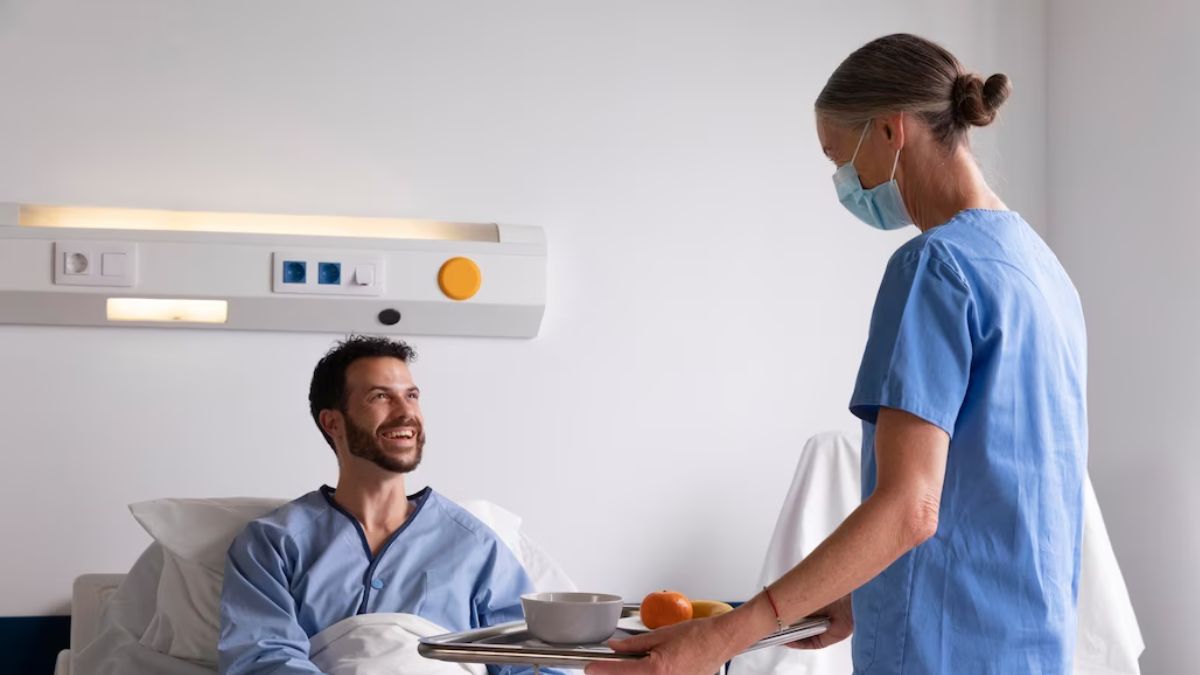Substance Use Disorder (SUD) is a complex and challenging condition that affects individuals from all walks of life. Recognizing the need for comprehensive treatment options, the field of addiction recovery has evolved to offer a range of programs tailored to different levels of care. One such approach that has gained prominence is Partial Hospitalization Treatment (PHP), a structured program that provides intensive support while allowing individuals to maintain some degree of independence. This article explores how Partial Hospitalization Treatment serves as a bridge to recovery for those struggling with SUD.
Understanding Partial Hospitalization Treatment
Partial Hospitalization Treatment (PHP) is an intermediate level of care for individuals dealing with Substance Use Disorder. Positioned between inpatient/residential care and outpatient treatment, PHP provides a more structured environment during daytime hours, allowing patients time at home in the evenings. This arrangement offers a balance between intensive treatment and the gradual transition back into daily life.
Components of Partial Hospitalization Treatment
PHP programs are typically characterized by a comprehensive array of therapeutic services designed to address the physical, psychological, and social aspects of addiction. These services may include:
1. **Group Therapy:** Group therapy sessions provide a platform for individuals to share their experiences, challenges, and triumphs in a supportive setting. These sessions foster a sense of community and allow participants to learn from one another’s experiences.
2. **Individual Counseling:** One-on-one counseling sessions with trained therapists help individuals delve into the root causes of their addiction and develop coping strategies for sustained recovery.
3. **Medical and Psychiatric Care:** Many PHP programs offer medical supervision to manage withdrawal symptoms, address co-occurring mental health conditions, and provide medications that aid in the recovery process.
4. **Skill Building:** Participants learn practical skills for managing triggers, stress, and cravings, enhancing their ability to navigate real-world situations that could potentially jeopardize their sobriety.
5. **Educational Workshops:** Workshops on addiction, relapse prevention, communication skills, and life management provide participants with the knowledge and tools needed to maintain their recovery beyond the program.
6. **Holistic Therapies:** Many PHP programs incorporate holistic approaches such as yoga, mindfulness, and art therapy, which can help individuals reconnect with their bodies, reduce stress, and cultivate a sense of purpose.
Advantages of Partial Hospitalization Treatment
1. **Structured Support:** PHP offers a structured environment that is conducive to recovery, while still allowing individuals to maintain some degree of independence. This balance is particularly beneficial for those who need intensive treatment but are not suited for or ready to commit to full-time inpatient care.
2. **Flexibility:** PHP provides more flexibility than inpatient treatment. Participants can attend treatment during the day and return home at night, making it possible to fulfill personal, work, or family responsibilities.
3. **Transition to Real Life:** The transitional nature of PHP helps individuals gradually reintegrate into their daily routines while still receiving crucial therapeutic support. This transition minimizes the shock of returning to the “outside world” after intensive treatment.
4. **Peer Support:** The group therapy component of PHP fosters a strong sense of camaraderie and allows participants to build connections with others who understand the challenges of addiction. These connections can provide a valuable support network for long-term recovery.
5. **Holistic Approach:** Many PHP programs incorporate holistic therapies that address the mind, body, and spirit, promoting a comprehensive approach to healing.
Conclusion
Partial Hospitalization Treatment (PHP) is a vital component of the continuum of care for individuals grappling with Substance Use Disorder. By offering a structured yet flexible environment, PHP serves as a bridge between the intensity of inpatient care and the autonomy of outpatient treatment. Through a combination of therapeutic services, skill-building, and holistic approaches, individuals in PHP programs gain the tools they need to navigate the challenges of addiction and build a foundation for lasting recovery. As the understanding of addiction and its treatment continues to evolve, PHP stands as a beacon of hope, helping individuals rewrite their stories and reclaim their lives from the clutches of Substance Use Disorder.











